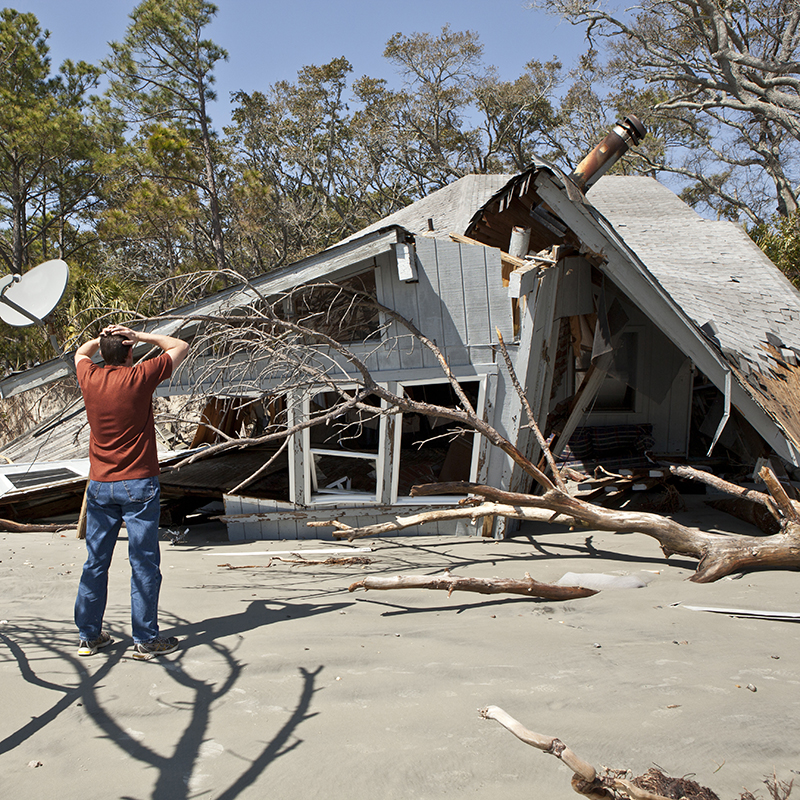Integrating Mental Health Care Into Disaster Recovery Efforts

This past May, the National Oceanic and Atmospheric Administration (NOAA) forecasted an above-normal 2024 Atlantic hurricane season, predicting between 17 to 25 named storms.1 Hurricane Beryl, the first major hurricane of the season and the earliest Category 4 storm, made an unusually early appearance this year, unleashing relentless destruction in its wake. The Eastern Caribbean, particularly the Grenadines, bore the brunt of this catastrophic event, suffering extensive damage across the region. As the season progresses and storms continue to intensify, the looming threat of further tragedy and loss remains ever-present.
Natural disasters like hurricanes often leave behind more than physical devastation, while homes, schools, and entire communities are left in ruins. The psychological impact of such events can endure long after the debris has been cleared, affecting the mental health of survivors for months or even years after the disaster.2,3
In an effort to address the psychological aftermath of Hurricane Beryl, APA coordinated a training session focused on Psychological First Aid, with particular emphasis on perinatal mental health and substance use considerations. This collaborative effort, organized in conjunction with the Grenada Planned Parenthood Association was led by esteemed APA member Dr. Denis Antoine, aimed to equip local mental health providers with the tools necessary to support those most impacted by the hurricane.
Dr. Antoine facilitated a two-hour training session for community mental health professionals in Grenada, preparing them to be deployed to one of the hardest-hit areas in the wake of Hurricane Beryl. This initiative ensured that those on the front lines were not only prepared to address the physical needs of survivors but also equipped to provide crucial mental health support—particularly for vulnerable populations such as pregnant women and individuals with substance use disorders. In situations like this, the significance of integrating psychological care into disaster recovery efforts cannot be overstated—the APA’s Disaster Mental Health page offers valuable resources and educational opportunities.
Additional Resources
- APA Looking Beyond Webinar: Climate Change-Driven Mental Health Inequities
- SAMHSA's Tips for Survivors of a Disaster or Other Traumatic Event: Managing Stress
- SAMHSA's Cultural Competency Program for Disaster and Emergency Management
- Maryland Psychiatric Society's Disaster Psychiatry resources
- The Red Cross's Recovering Emotionally After a Disaster
References
- National Oceanic and Atmospheric Administration. NOAA predicts above-normal 2024 atlantic hurricane season. National Oceanic and Atmospheric Administration.
- Williams, R., Kemp, V., Porter, K., Healing, T., & Drury, J. (Eds.). (2024). Major incidents, pandemics and mental health: the psychosocial aspects of health emergencies, incidents, disasters and disease outbreaks. Cambridge University Press.
- Saeed SA, Gargano SP. Natural disasters and mental health. International Review of Psychiatry. 2022;34(1):16-25. doi:10.1080/09540261.2022.2037524
